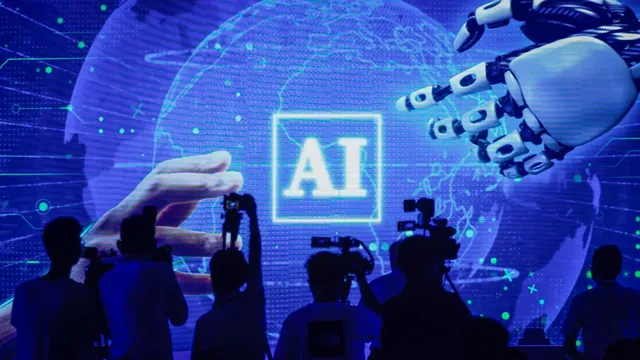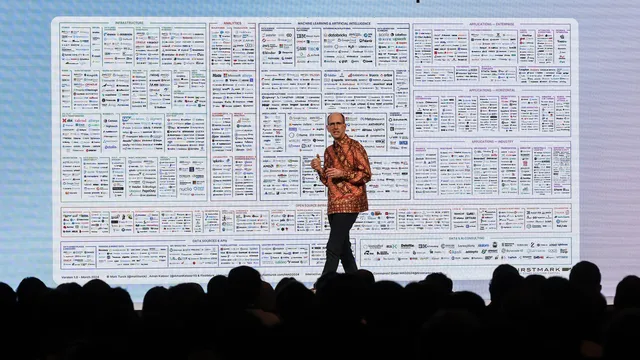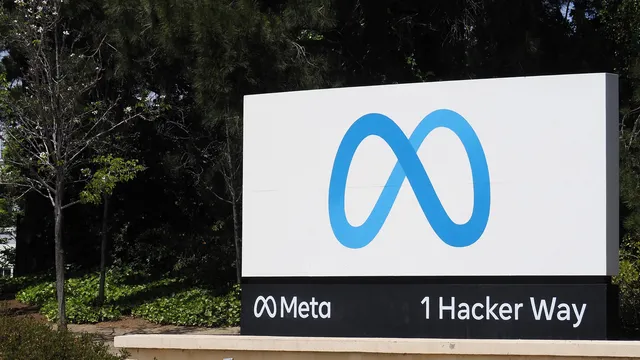Almost half of workers who use artificial intelligence (AI) in their work do not trust it. Many of them use the technology every day, even though they do not trust its results.
Researchers from the University of Melbourne, Australia, and global consulting firm KPMG surveyed over 48,000 people in 47 countries from November to January 2025 about their trust, use, and attitudes toward AI.
The study found that while over two-thirds of respondents use AI with some regularity, whether at work, school, or in their free time, only 46% are inclined to trust these systems.
Participants were asked to rate how much they trust the technical capabilities of AI systems, as well as their safety, security, and ethics.
The researchers then rated their responses on a nine-point scale to determine how much each respondent trusts AI.
"Trust is the strongest indicator of AI acceptance," Samantha Glowd, managing director at KPMG, told Euronews.
"We don't believe any organization can move faster than the speed of trust," she added.
According to the authors of the study, people find it difficult to believe in the ability of artificial intelligence to be fair and not cause harm.
People have greater confidence in the technical capabilities of AI to deliver accurate and reliable results and services.
The study also found that 58% of respondents use artificial intelligence regularly in their work, with 33% using it weekly or daily.
These employees share that it makes them more efficient, gives them greater access to information, and allows them to be more innovative. In almost half of the cases, respondents noted that AI has increased revenue-generating activities.
However, there is an additional risk for companies whose employees use AI at work, because half of those surveyed who use chatbots say they use them even though they violate company policy.
"People feel almost compelled that if they don't use it, they will fall behind their competitors," Glowd said.
Glowd pointed to examples where employees admitted to uploading sensitive company information to free public tools such as ChatGPT or making fake videos of senior management that could damage their reputation or that of the company.
Employees also present the work of AI chatbots as their own, with 57% saying they have hidden the fact that they used AI in their work.
These employees did so without assessing the accuracy of the content that AI generated for them.
Another 56% say they make mistakes in their work due to using AI without subsequent fact-checking.
"For organizations that don't have AI literacy training... [employees] are taking matters into their own hands," the researcher noted.
The study also found that half of the employees surveyed do not understand artificial intelligence and how it is used. Furthermore, only two out of five employees said they had received training or education related to AI.
One example of what companies can do to teach their employees how to use AI is to create a "trustworthy AI framework" that includes 10 different principles to keep in mind when using the technology in their work, Glowd explained.
She expressed hope that the survey results will encourage senior managers, technology companies, and public policymakers to take action.
"We have so much to gain from [AI] if it is implemented by organizations and governments in a responsible manner," she concluded. | BGNES

 Breaking news
Breaking news
 Europe
Europe
 Bulgaria
Bulgaria







